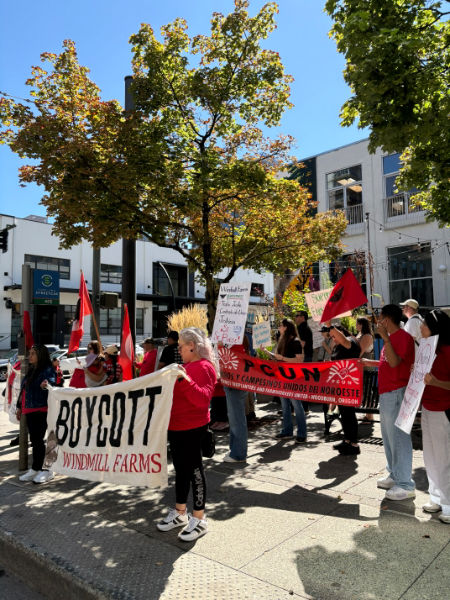Oregon Gained Nearly 45,000 Union Members in 2021 Reaching Highest Membership Level in State History
- Oregon AFL-CIO
- Jan 24, 2022
- 3 min read
PORTLAND - The U.S. Bureau of Labor Statistics (BLS) released its annual report on union membership last week, which saw Oregon’s numbers rising despite a slight downward trend nationally. According to the BLS’s data, Oregon is now the 4th most union-dense state in the country, up from the 8th highest in 2020. Nationally, the report indicates a 0.5% drop in union membership, a result of outdated labor laws holding workers back from joining unions.
Oregon gained 43,000 union members in the past year, and the total number of union members is now at 318,000 workers. 17.8% of workers in Oregon belong to a union and 18.8% are represented by one. This is the highest number of union members in Oregon state history, according to data provided by the State of Oregon, and reflects a 1.6% increase in union membership from 2020.
Oregon AFL-CIO President Graham Trainor responded to the annual BLS report:
“Nationally, we see the downward trend as evidence of the urgent need for reforming our nation’s sorely outdated labor laws and a rigged system that continues to make it harder for workers to organize new unions rather than providing a fair and balanced process for democracy to play out in the workplace. Throughout the pandemic, we have heard clearly the voices of workers as they forcefully rejected low-wage, no-benefit, thankless jobs. We continue to see waves of strikes with soaring levels of public support and union favorability numbers continuing to climb. If the laws in place reflected the will of the people, union membership would be skyrocketing. That’s why Congress must pass the Protecting the Right to Organize (PRO) Act and the Public Service Freedom to Negotiate Act which would open doors to organizing for any worker who dreams of a better life and wants to join a union. “We are proud to see Oregon’s union membership grow to over 300,000 for the first time in our state’s history, showcasing impressive and innovative organizing happening across the labor movement. The chilling reality of our broken labor laws for workers in Oregon and across the country also paints a clear picture of the potential for dramatic growth and gains for workers with the passage of comprehensive labor law reform. It’s time to put our country’s workplaces and communities back on track and for Congress to pass the PRO Act and the Public Service Freedom to Negotiate Act.”
The new BLS report also reinforced what we have always known about the difference a union can make for workers of color and achieving equity on the job. Black workers continued to have the highest unionization rate nationally, ahead of white workers, Asian workers, and Latinx workers in 2021 and according to an EPI study, Black union workers are paid 13.7% more than their nonunionized peers. Modernizing our labor laws could help ensure a more equal recovery for many workers of color from the COVID-19 pandemic, as they have been disproportionately impacted.
According to a 2021 Gallup poll, union approval is at its highest level in over 50 years, with 68% of Americans supporting organized labor, including 77% of young people. An MIT study also found that 60 million Americans would join a labor union if they could, emphasizing the need to give more workers the life-changing and transformational opportunity to hold a union card if they want.




Comments